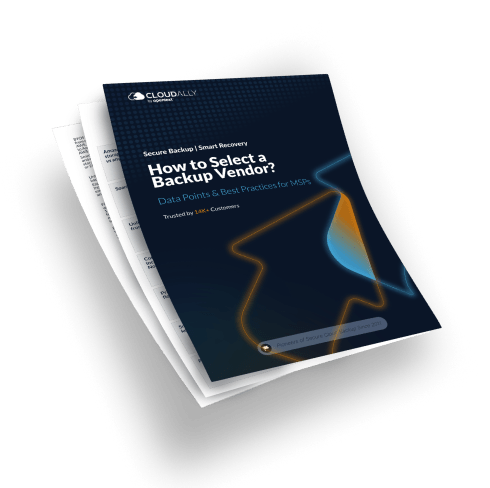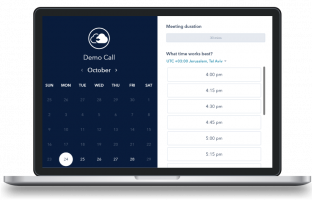What is Data Center Consolidation?
Data center consolidation is a process of centralizing multiple data centers into one or a few primary locations. It involves migrating and consolidating physical servers, storage devices, network equipment, and other IT resources from multiple data centers to a centralized location. This approach helps organizations to streamline their IT infrastructure, reduce costs, improve operational efficiency and agility, while also ensuring better security and disaster recovery capabilities.
In today’s digital age, businesses are generating vast amounts of data that need to be stored, managed, and secured efficiently. With the proliferation of cloud computing technologies and the rise in remote working arrangements, many companies find themselves dealing with multiple data centers located in different regions or even countries. This leads to increased complexity in managing these dispersed data centers, resulting in higher costs and potential security risks.
Data Center Consolidation refers to the process of reducing the number of data centers or servers a company or organization operates. This strategy often involves combining data storage and management functions into fewer, more efficient and technologically advanced centers. The goal is typically to decrease costs, enhance data management, improve resource utilization, and streamline IT operations.
Advantages of Data Center Consolidation
Some advantages of Data Center consolidation include:
- Reduced Costs: By consolidating data centers, companies can avoid duplication of resources and reduce overall costs associated with maintaining multiple locations. This includes lower energy consumption, reduced hardware and maintenance costs, as well as staffing expenses.
- Improved Efficiency: Consolidated data centers generally operate more efficiently than dispersed ones. With fewer locations to manage, IT teams can focus on optimizing performance and streamlining operations. This leads to improved resource utilization and increased productivity.
- Enhanced Data Management and Compliance: Centralizing data storage allows for better management and control over important company information. With consolidated data centers, businesses can set stricter security measures and implement systematic backup procedures to ensure data is safeguarded in the event of disaster or system failure. In industries that have strict regulations regarding data storage and security, centralized data centers make compliance much easier to achieve. By implementing standardized processes and procedures across all locations, businesses can ensure they are meeting all necessary regulatory requirements.
- Scalability: As a business grows, so does its data. Consolidating data centers allows for easier scalability, meaning the infrastructure can easily accommodate increasing amounts of data and users without significant disruptions or costly upgrades.
- Improved Disaster Recovery: With a single consolidated data center, disaster recovery plans become more manageable and effective. Data replication and backup procedures can be streamlined, making it easier to recover from any potential disasters such as hardware failure or natural disasters.
Best Practices to Implement Data Center Consolidation
Some best practices to implement Data Center Consolidation are:
- Assess Current Data Center Infrastructure: The first step to consolidating data centers is to assess your current infrastructure and identify any areas of redundancy or inefficiency. This includes evaluating hardware, software, storage, and networking components.
- Determine the Scope of Consolidation: Once you have identified areas for improvement in your current data center setup, it’s important to define the scope of your consolidation project. This could involve consolidating multiple data centers into one central location, merging satellite locations into a main data center, or moving from on-premises servers to a cloud-based solution.
- Develop a Migration Plan: A well-planned migration is crucial for a successful data center consolidation. This plan should outline the timeline, resources needed, and potential risks associated with the consolidation process. It should also include a communication strategy to keep all stakeholders informed throughout the migration.
- Consider Virtualization: Virtualization technology allows you to run multiple virtual machines on a single physical server, maximizing its efficiency and reducing hardware costs. This is especially useful in data center consolidations, as it allows for better resource allocation and flexibility.
- Implement Disaster Recovery Measures: Consolidating your data center may increase your risk of downtime in case of a disaster. To mitigate this risk, it’s important to implement robust disaster recovery measures such as backups, redundant systems, and failover capabilities.
- Train Your Staff: A successful data center consolidation requires trained staff who are knowledgeable about the new technology and processes being implemented. Invest in training programs to ensure your staff is equipped to handle the changes and can effectively manage the consolidated data center.
- Monitor and Maintain: Once your data center consolidation is complete, it’s important to continuously monitor and maintain the new infrastructure. Regular maintenance and updates will help keep your data center running smoothly and efficiently.
CloudAlly’s SaaS data protection platform secures all SaaS data – Microsoft 365, Google Workspace, Salesforce, Dropbox, and Box including Groups, Teams, OneDrive, SharePoint -with AWS S3 storage on your choice of eight global data centers. This ensures that you stay compliant with data sovereignty laws. Safeguard all your SaaS data with a secure, consolidated data center of your choice. Plus exceptional customer support, no-commitment licensing, and pay-as-you-go pricing.
Book a quick demo now or Schedule a free 14-day trial and never face cloud data loss again!










